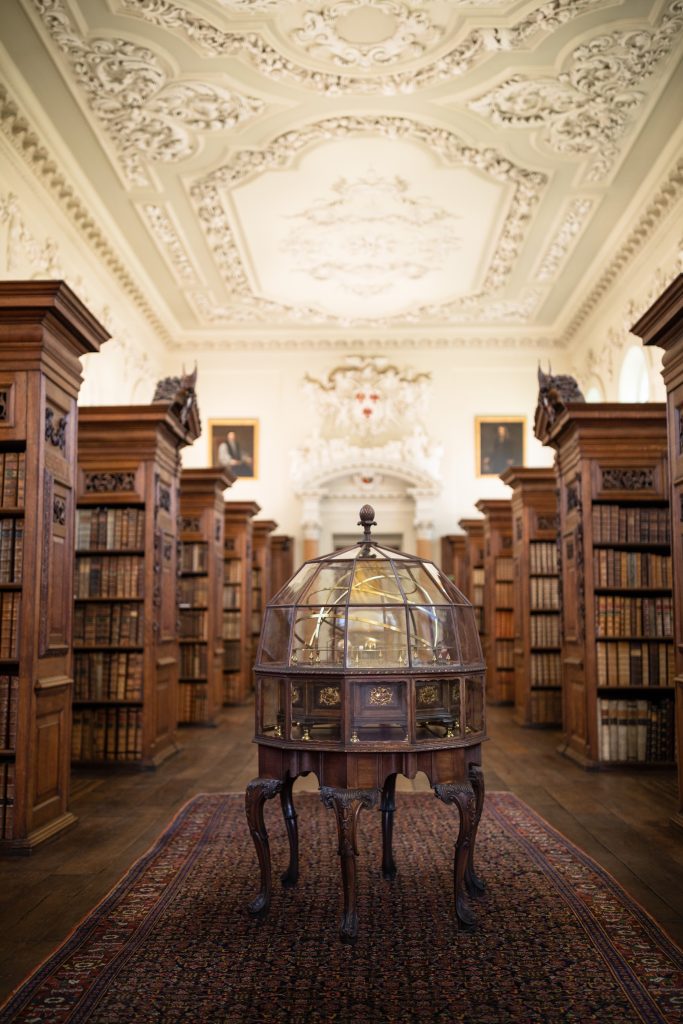
I have written about Iceland, but I’ve not been back since 2013. Therefore, I have little to say usefully from any Latter-day first hand experience. N Hallgrímskirkja is the Lutheran (Church of Iceland) parish church in Reykjavík. With a spire at 74.5 metres tall, it is the largest church in Iceland. It stands on the top of a rise, which accentuates its immense size. With a royal blue hue, it is seen here in this depiction of hell, as Iceland opens a subterranean fissure to the Underworld for the first time in 800 years. Here we have this depiction of Dante’s Inferno and him whispering in my ear (sic).
Nessun maggior dolore
che ricordarsi del tempo felice
nella miseria.
Fin troppo vero!
This volcanic outburst is on the Reykjanes peninsula in southwestern Iceland, around 50 kms southwest of the capital, Reykjavik, and 22 kms from the Keflavik international airport. One of the confronting views for the traveller who arrives in Iceland for the first visit is the lava field almost bare of vegetation. Now that the fissure has opened it is spewing forth the incandescent magma. As the photograph above shows, what a sight, but that is Iceland. Even when quiescent, Iceland is a place that if you never go, you will never know what you have missed.
Well, what do I know!
Only seven countries and three territories last year met World Health Organisation pollution guidelines for fine particulate matter, the most risky form of pollution to human health.
A recent report by the Swiss company IQAir looked at fine particular matter pollution (also known as PM 2.5) data collected by more than 30,000 ground-level air quality monitoring stations across 134 countries last year.
Of these countries, seven had annual averages within the WHO’s guidelines of 5 micrograms per cubic metre in 2023: Australia, Estonia, Finland, Grenada, Iceland, Mauritius and New Zealand.
French Polynesia, Bermuda and Puerto Rico also met the guidelines.
Bangladesh, Pakistan and India had the highest annual averages for fine particulate matter pollution, with Bangladesh’s PM 2.5 levels averaging more than 15 times higher in 2023 than the WHO’s recommended threshold. Tajikistan, Burkina Faso, Iraq, the United Arab Emirates, Nepal, Egypt and the Democratic Republic of Congo were also among the top 10 most polluted countries last year.
Added to this is that many countries in Africa and South America had no data.
According to its blurb, IQAir is a Swiss air quality technology company, specialising in protection against airborne pollutants, developing air quality monitoring and air cleaning products. IQAir also operates AirVisual, a real-time air quality information platform. This above excerpt has been reprinted from the Washington Post.
I am not an expert on global warming. I just know it is happening, and given the signs of the planet, I’m on firm ground I would have thought, and I reprinted it because it signifies Australia’s apparent success in one parameter of global pollution.
One source of expertise made the comment that particulate matter emitted through human activities not only pollutes the air, but also cools the Earth by scattering shortwave solar radiation. Yet, coarser dust particles have been found to exert a warming effect that could, to some extent compensate for the cooling effect of fine dust. On the surface that seems contradictory, but consider the giant volcanic eruption of the Indonesian Mount Tambora in 1815. It killed 60,000 people. Moreover, as one source relates;
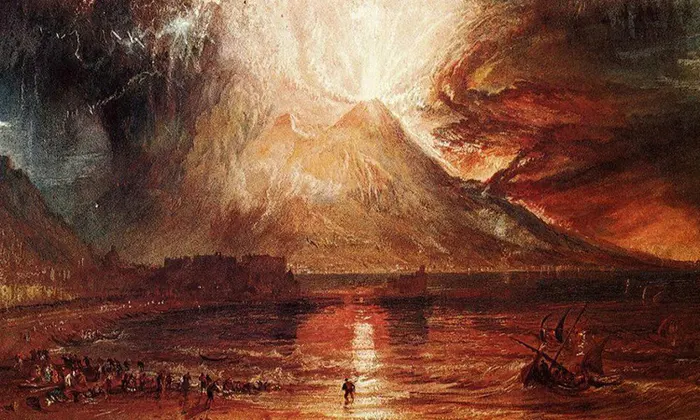
“Because Tambora ejected sulfurous gas that generated sulfate aerosols in the atmosphere, which block sunlight, the eruption created a year without a summer, leading to food shortages — people were eating cats and rats — and very general hardship throughout Europe and eastern North America.”
By way of explanation, particulate matter consists of compounds of sulphur formed by the interaction of sulphur dioxide and sulphur trioxide with other compounds in the atmosphere.
The result of manmade activity is to enhance global warming. There are times that nature intervenes and cools the planet but with disastrous effects. However, even though they are extreme they are in essence temporary and it would appear that the earth reverts to being warm to disastrous levels, as shown by the inexorable rise in the global average temperature.
The lack of concern about particulate matter in the atmosphere just illustrates the cavalier attitude of most of the countries in the world, given that the growth of tyranny seems to be proportional to this climate change since dictatorship breeds social pathology, a sense of invincibility and ultimately which leads to a planet enshrouded in clouds of carbon dioxide. Was the planet Venus once a green and pleasant land until life was extinguished on a planet too hot to sustain any life and enveloped in a dense cloud of CO2?
My 30/7/21 Blog
I wrote the following (shown in italics) nearly three years ago in my blog. It is an extract, but the full text is available in that of 30th July 2021. In the light of what is happening in Queensland, it may still be of some relevance.
The problem is the business model. A group of people, a dynasty of odds-and-sods, privileged individuals with a well-developed sense of Olympus, run the selection process. They seemed to have taken it literally so that they live on their eponymous mount moved from Greece to the banks of Lake Geneva in Lausanne picking as they do, a city to hold the Games. The prestige of the games has waxed and waned, but from its inception it has been in a Leap year except in 2021 and 1900. (a little known fact is the end of year century has to be divisible by 400 – i.e. next Leap year is 2400).
The International Olympic Committee should pay? What a novel idea. Then they would reap the profits and sell the property on the open market – the Olympic Block. There would be a massive interest in stadia that could stand as a monument to excess – you can just see the cities clambering to buy a used stadium – maybe for boat people – no need to send them offshore to line corrupt pockets, of course allegedly.
Current IOC’s revenue is largely generated from royalties on licensing television broadcasting rights for the Olympic Games, as well as revenues from the commercial exploitation of the Olympic symbol and Olympic emblems. It depends on the interest generated, and there are athletics and swimming, both of which exist basically for Olympic glory. In between the Games, these activities pale in popularity against football of all codes, basketball, cricket or baseball in generating most community interest.
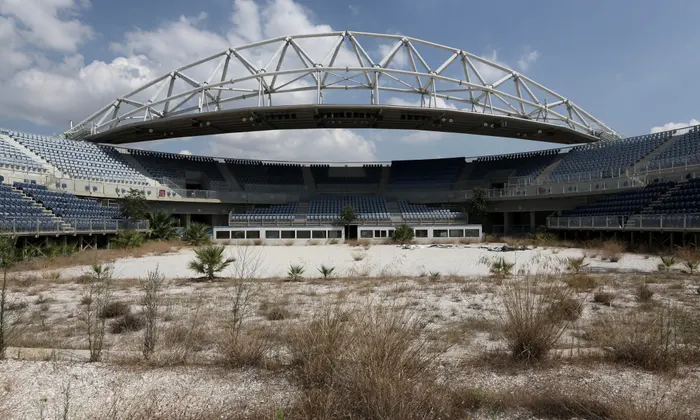
The problem is that there are always new sports clamouring for recognition, and while for instance wrestling in the two forms are retained in the Games, they evoke minimal spectator interest. Yet, it has powerful reasons for its retention. It is one of the original sports which were part of the Ancient Games. It is popular in several countries, where it is a national pastime – Türkiye, Iran, Bulgaria. On several occasions, efforts have been made to delete the sport, but to no avail. In Paris this year, wrestling will share a venue with judo in a stadium on the Champs de Mar. The legacy of the venue? This temporary facility will be dismantled in late 2024, and as such no trace of the Olympic or Paralympic Games will remain. It will be able to be reused with multiple configurations at another location that is still to be determined.
It is just one example in the escalating costs of staging The Games, and its ephemeral legacy, often obscured later by the weeds growing in the ruins of this two-week vanity exercise foisted on their community by politicians intoxicated by the prospect of so much self-importance.Yet most of those who bid for the Games will have long gone by the time the Games come around. But not the gods of the Lausanne Olympus, John Coates among them, fittingly, his canoeing prowess embodied as a latter-day epitome of Charon.
They will all be there in a swill of Dom Perignon, even if the hapless Annastacia Palaszczuk is not.
As I blogged:
 The local press is celebrating Brisbane for being chosen in 2032 with Coates, the driving force. In the cold light of tomorrow, Australia may realise how it has been hoodwinked by Coates, there was no other city interested apart from his adopted hometown. Nobody else wants it. It is too expensive for dubious gains.
The local press is celebrating Brisbane for being chosen in 2032 with Coates, the driving force. In the cold light of tomorrow, Australia may realise how it has been hoodwinked by Coates, there was no other city interested apart from his adopted hometown. Nobody else wants it. It is too expensive for dubious gains.
Coates yet has rescued the IOC, saving them from going cap in hand to some other city to strike a deal. Instead, Australia, which will be coping under the economic and social cost of the COVID-19 pandemic for decades to come, has been conned into more debt. Sure, the athletes will come, and the quote from the NYT at the head of this article will ring all so true as our Clutch of politicians will bask in the sunlight of praise until, after two weeks in 2032, the light is turned off leaving the Clutch in darkness, and in debt.
The value to Sydney after the Games has been minuscular – loaded with unusable infrastructure – stadia that are dismantled or provide a haven for weeds. Cycle paths through a wasteland are not a big deal. Such disasters writ large in both Athens and Brazil. All the while the IOC provides the world with specimens such as John Coates, immersed in formalin jars of the past.
By 2032, an Australia Olympics may find itself drowned by a Viral debt, rising seas and irrelevance, through a lack of sponsors and tourist attractions dying from global warming. I believe this is not too much a dystopian view given what’s happening, looking around the world and seeing the ecological disaster being played out well beyond the horizons of this current euphoria.
The War of 1812
I have always been captivated by the story of the Star-Spangled banner, and the innate heroism underpinning the initial verse. The inspiration of Francis Key seeing the American flag still flying on the ramparts of Fort Henry after the British bombardment is an extraordinary image. That fifteen starred flag still flies at Fort Henry and also at Fort Clatsop, at the end of the Oregon Trail, where Lewis and Clark wintered in 1805/6.
The expedition carried just one large flag, the fifteen starred flag, which probably flew above their major camps, but before they left Fort Clatsop in March 1806 they cut it up to make five capes, to trade with Indians for food and horses. That was perfectly legal then. The first law prohibiting desecration or improper use of the flag was passed by Congress in 1917.

When we visited Fort Clatsop, the flag was being folded up at the end of the day. I asked whether we could buy it. Yes, we could, they are for sale – for $50. So, we have the flag, descendent of the one that inspired the American national anthem. Our flag is indeed large, having been flown from the flagpole the day we came. It is beautifully made. It is one of our prized possessions.
But the story composition tells a different reality, as this reprinted account below tells the reader.
“It was September of 1814. The British had sacked Washington and torched the White House. The conflict became known as the War of 1812, even though it was in its third year.
Francis Scott Key, a 35-year-old lawyer overheard plans for a surprise attack on Baltimore. He was held on a British ship where he watched the bombardment of Fort McHenry. He couldn’t tell from his vantage point who had won or lost. But at dawn, he saw the American flag, 15 stars and 15 stripes at the time, still waving over the Fort and was inspired to write a poem. Soon, it was set to the tune of an existing song.
That’s the short version of how “The Star-Spangled Banner” came to be.
The longer version was controversial.
First, a few things to know about the War of 1812:
- the British practice of impressment — the forced conscription of American sailors to fight for the Royal Navy.
- the British promised refuge to any enslaved black man, who escaped his enslavers, raising fears among White Americans of a large-scale revolt.
- the men who escaped their bonds of slavery were welcome to join the British Corps of Colonial Marines in exchange for land after their service. As many as 4,000 people, mostly from Virginia and Maryland, thus “escaped”.
It’s important to know these things because “The Star Spangled Banner” has more than one verse. The second half of the third verse ends like this:
No refuge could save the hireling and slave
From the terror of flight or the gloom of the grave,
And the star-spangled banner in triumph doth wave
O’er the land of the free and the home of the brave.
They are clearly meant to threaten the African Americans who took the British up on their offer. Key surely knew about the Colonial Marines, and it’s even possible he saw them on the British ships that sailed into Baltimore Harbor.
Whether manipulation or not, the British kept their word to Colonial Marines after the war, refusing the United States’ demand that they be returned and providing them land in Trinidad and Tobago to resettle with their families.
Key clearly was racist. He descended from a wealthy plantation family with slaves. He spoke of black people as “a distinct and inferior race” and supported emancipating the enslaved only if they were immediately shipped to Africa.
During the Andrew Jackson administration, Key served as the district attorney for Washington, D.C., where he spent much of his time shoring up enslavers’ power. He strictly enforced slave laws and prosecuted abolitionists who passed out pamphlets mocking his jurisdiction as the “land of the free, home of the oppressed.”
He also influenced Jackson in appointing his brother-in-law Chief Justice of the United States. This Roger B. Taney is infamous for writing the Dred Scott decision that decreed Black people “had no rights which the White man was bound to respect.”
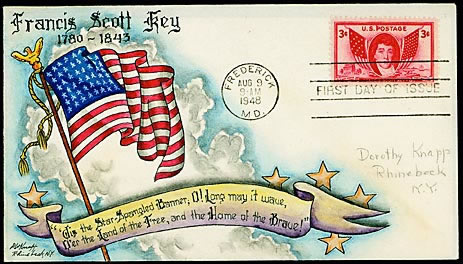 Although “The Star-Spangled Banner” and its verses were immediately famous, Key’s overt racism prevented it from becoming the national anthem while he was alive.
Although “The Star-Spangled Banner” and its verses were immediately famous, Key’s overt racism prevented it from becoming the national anthem while he was alive.
Key’s anthem gained popularity over time, particularly among post-Reconstruction White Southerners and the military. In the early 20th Century, all but the first verse were cut — not for their racism, but for their anti-British bent. The United Kingdom was by then an ally.
After the World War I misery, the lyrics were again controversial for their violence. But groups like the United Daughters of the Confederacy fought back, pushing for the song to be made the official national anthem. In 1931, President Herbert Hoover made it so.
As one commentator wryly noted “The elevation of the banner from popular song to official national anthem was a neo-Confederate political victory, and it was celebrated as such. When supporters threw a victory parade in Baltimore in June 1931, the march was led by a colour guard hoisting the Confederate flag.”
Thus my long-kept view of the flag as a paean to freedom and against oppression is confounded by the above narrative!
Read the Australian Constitution
Section 51 (xxiii)The provision of maternity allowances, widows’ pensions, child endowment, unemployment, pharmaceutical, sickness and hospital benefits, medical and dental services (but not so as to authorize any form of civil conscription), benefits to students and family allowances.
The AMA has written to the Health Minister, Mark Butler, to express significant disappointment with the federal government’s decision to introduce legislation to remove the requirement for collaborative arrangements for nurse practitioners and midwives.
The AMA states it is very concerned this decision would lead to a fragmented, siloed approach to health care.
The AMA went on to say that when midwives and nurse practitioners were given access to the Medicare Benefits Schedule (MBS), there was a rock-solid government commitment to ensure strong collaboration between nurse practitioners and midwives with medical practitioners. It stressed that this commitment was translated into legislative provisions requiring a collaboration arrangement, aimed at preventing the fragmentation of care and ensuring strong clinical government was in place.
“The planned removal of collaborative arrangement provisions that are intended to guarantee this, combined with the absence of any robust framework to operate in their place, will promote a siloed approach to care and is contrary to the original stated intent of the reforms. It is also contrary to the expert clinical advice of the MBS Review Taskforce.”

So much for the AMA defending its monopoly on its familiar ground. However, as I have noted many times previously, I fail to see the provision of patient benefits for nursing as described in the relevant section of the Constitution. Unless somebody is prepared to challenge this decision, to my mind, the payment of benefits for nursing in the absence of medical input is clearly unconstitutional. The precedent has now been established so wait for the queue of all manner of health care providers for the same recognition. Iridology benefits anyone?
Mouse Whisper
In the last blog, completion of the Mini-Mental State Examination (MMSE) was suggested to be the first question to the two old men wishing to become US President, each of whom has been queried as to the level of their cerebral functioning.
Well, the Boss took the test this week. He made no mistakes.
He is older than both Biden and Trump.



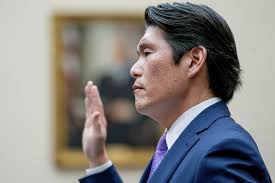
 Take note, America, of your Presidential aspirants. But of course, from those sycophantic scheming advisers surrounding each of them, you won’t hear any disclosures. You’ll keep the fiction of these guys being totally compos mentis. Each party, now with access to artificial intelligence, presages a “pile-on” by each party. Objectivity will be lost. The Mini-Mental State Examination (MMSE) takes fifteen minutes. It should be administered as the first question in the first Presidential debate.
Take note, America, of your Presidential aspirants. But of course, from those sycophantic scheming advisers surrounding each of them, you won’t hear any disclosures. You’ll keep the fiction of these guys being totally compos mentis. Each party, now with access to artificial intelligence, presages a “pile-on” by each party. Objectivity will be lost. The Mini-Mental State Examination (MMSE) takes fifteen minutes. It should be administered as the first question in the first Presidential debate.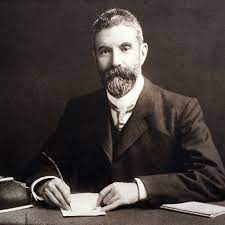
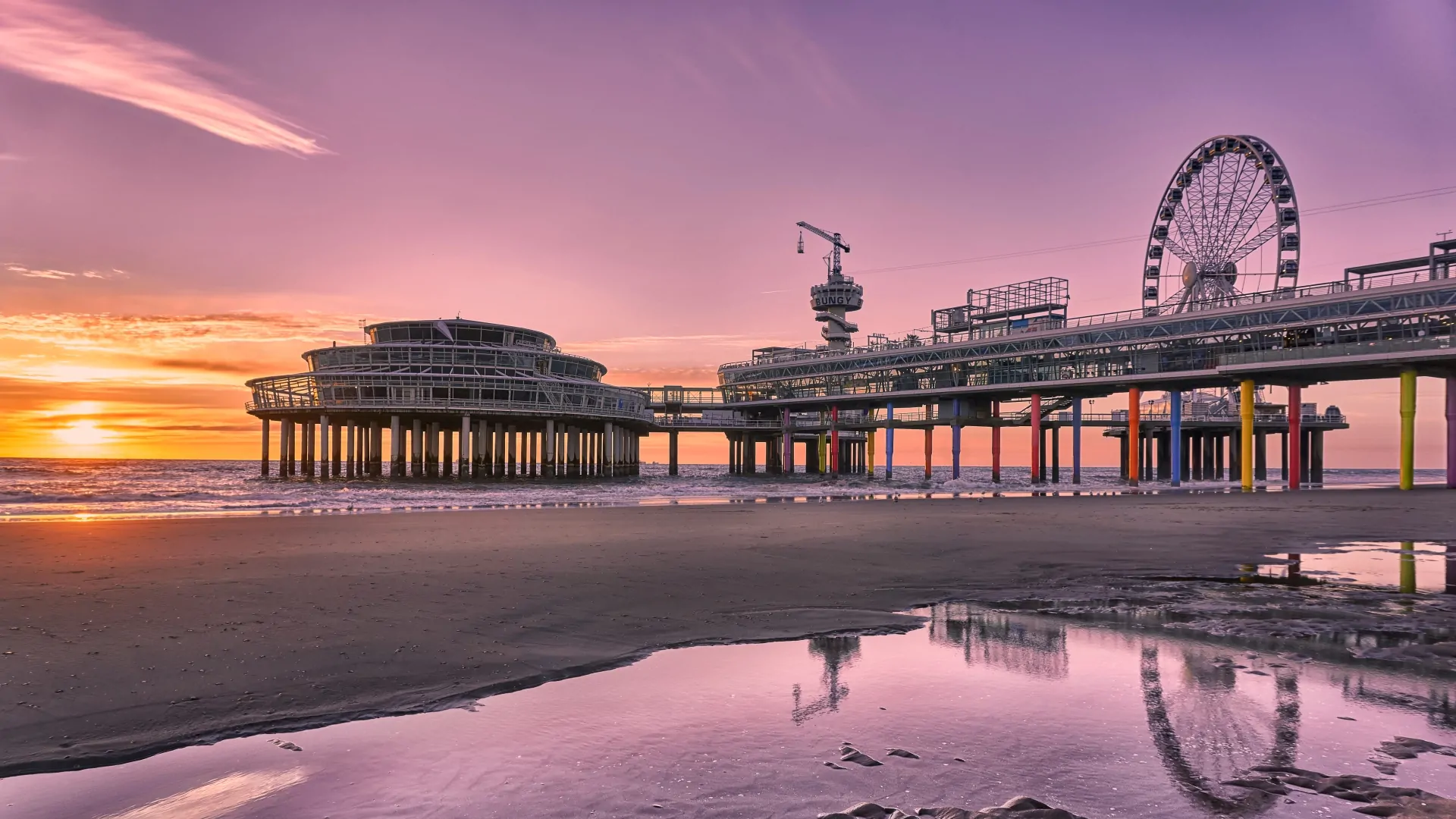
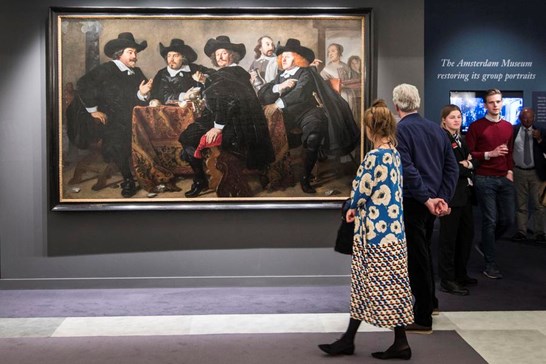
 Bella Hadid, a supermodel, is behind Kin Euphorics, a brand which offers consumers the chance to “achieve an elevated state of health, mood or well-being”. Joe Rogan, the alpha-male host of the world’s most popular podcast, endorses “Alpha Brain”, which, he says, “seems to fire up” that organ.
Bella Hadid, a supermodel, is behind Kin Euphorics, a brand which offers consumers the chance to “achieve an elevated state of health, mood or well-being”. Joe Rogan, the alpha-male host of the world’s most popular podcast, endorses “Alpha Brain”, which, he says, “seems to fire up” that organ.
 I grew up in a soup-loving family. One of my dad’s favourite stories to tell is that once when he was a kid, his family went to a restaurant famous for its split pea soup. When the server came around to ask if anyone wanted dessert, my dad ordered another bowl of split pea soup.
I grew up in a soup-loving family. One of my dad’s favourite stories to tell is that once when he was a kid, his family went to a restaurant famous for its split pea soup. When the server came around to ask if anyone wanted dessert, my dad ordered another bowl of split pea soup. 
 The influencers used to be called con artists, grifters, snake oil salesmen, charlatans, flimflam men, mountebanks. The modern so-called influencer is more often a young woman – hence just to call out influencers as men is a bit of a misnomer.
The influencers used to be called con artists, grifters, snake oil salesmen, charlatans, flimflam men, mountebanks. The modern so-called influencer is more often a young woman – hence just to call out influencers as men is a bit of a misnomer.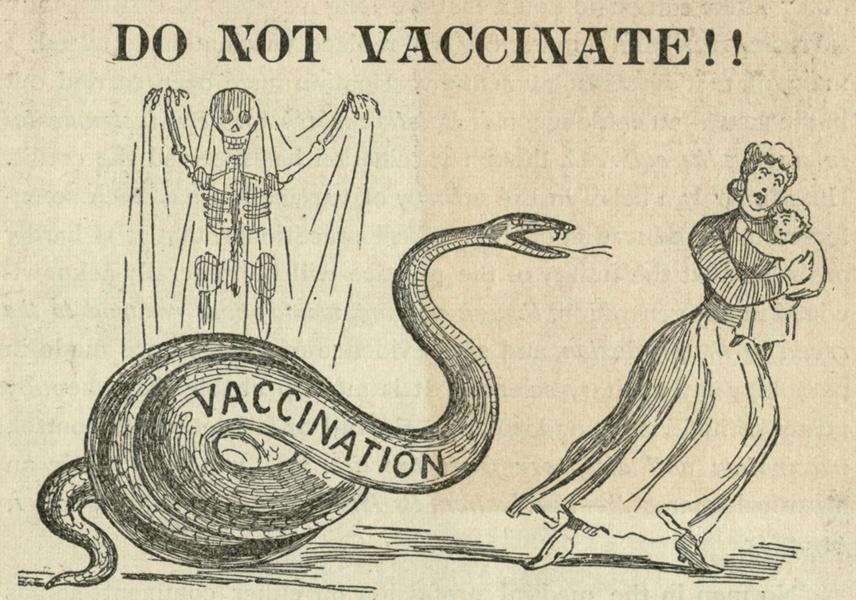 By the way, you anti-vaxxers, do you also want to see children paralysed by poliomyelitis? I have lived through an epidemic. Boys died at my school in the last epidemic when I was about ten, when there was no vaccine. Most of you would not remember that probably you as a child were given Sabin vaccine, before you could make your malignant judgement to clamour for all vaccines to be banned. But what of your children, you influencers?
By the way, you anti-vaxxers, do you also want to see children paralysed by poliomyelitis? I have lived through an epidemic. Boys died at my school in the last epidemic when I was about ten, when there was no vaccine. Most of you would not remember that probably you as a child were given Sabin vaccine, before you could make your malignant judgement to clamour for all vaccines to be banned. But what of your children, you influencers?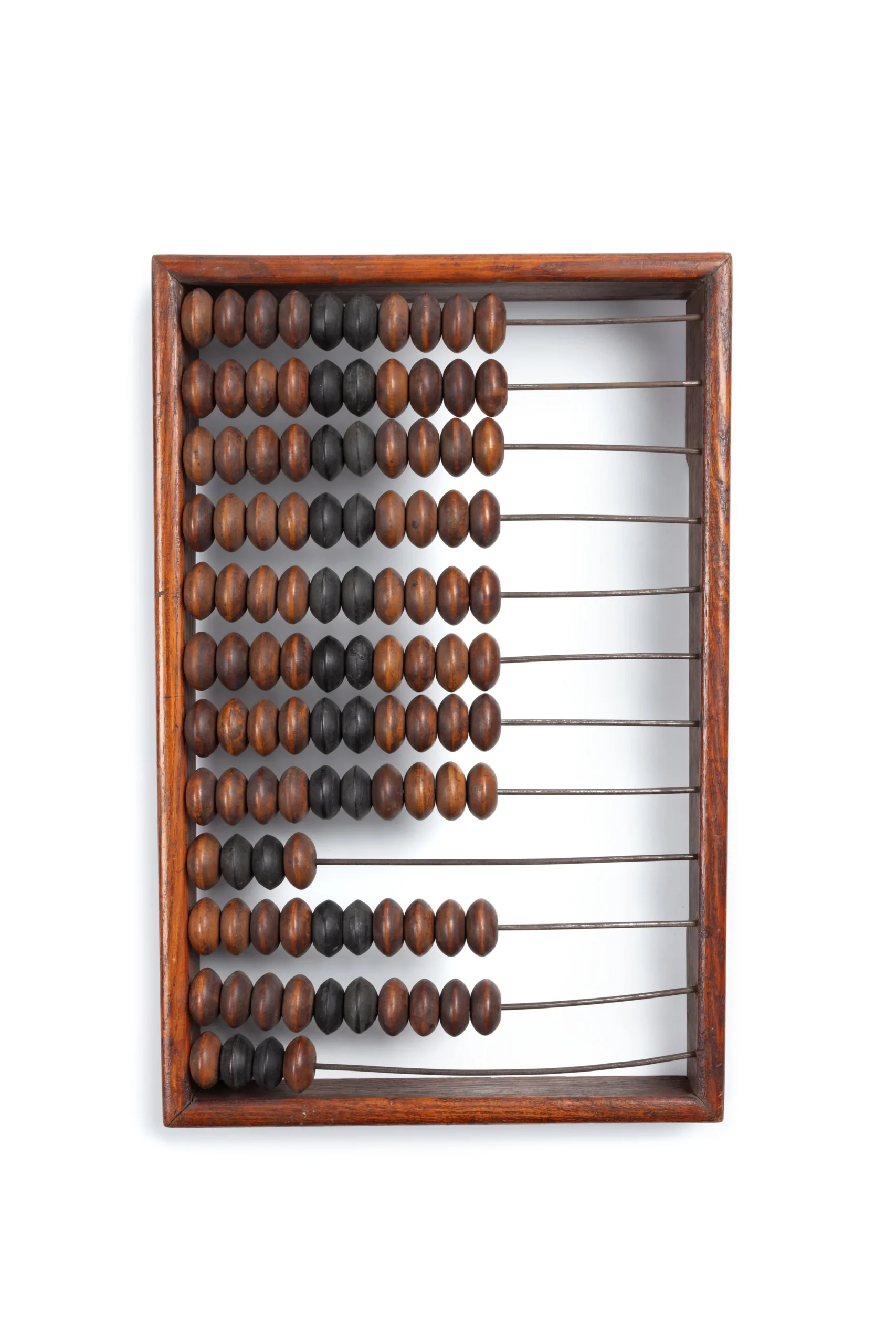 Almost as a footnote to the above is the announcement that the University of Sydney is abandoning mathematics as a prerequisite for a number of courses at the University. The change will mean degrees including commerce, science, medicine, psychology, veterinary science and economics will no longer require students to have undertaken advanced maths in year 12.
Almost as a footnote to the above is the announcement that the University of Sydney is abandoning mathematics as a prerequisite for a number of courses at the University. The change will mean degrees including commerce, science, medicine, psychology, veterinary science and economics will no longer require students to have undertaken advanced maths in year 12.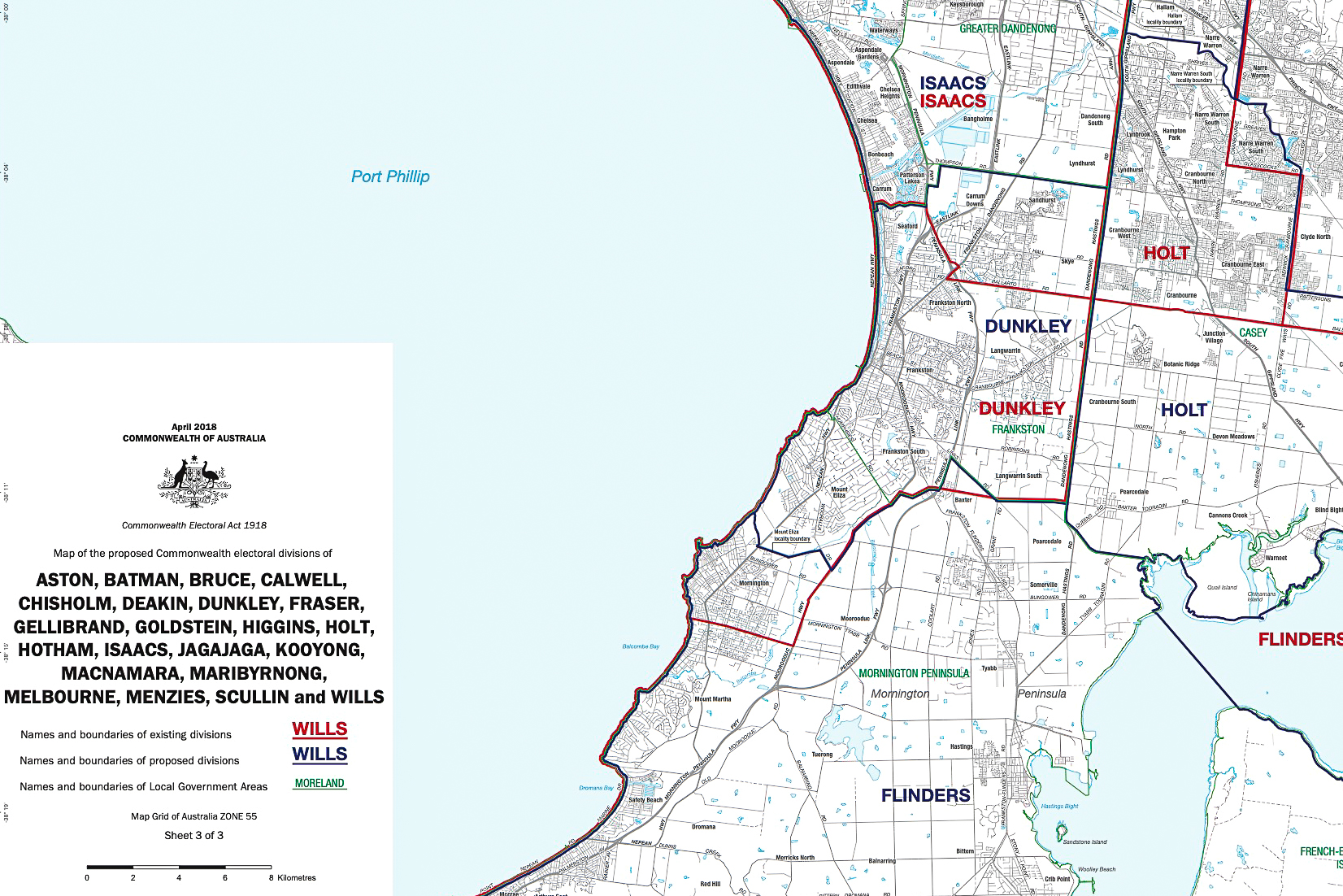
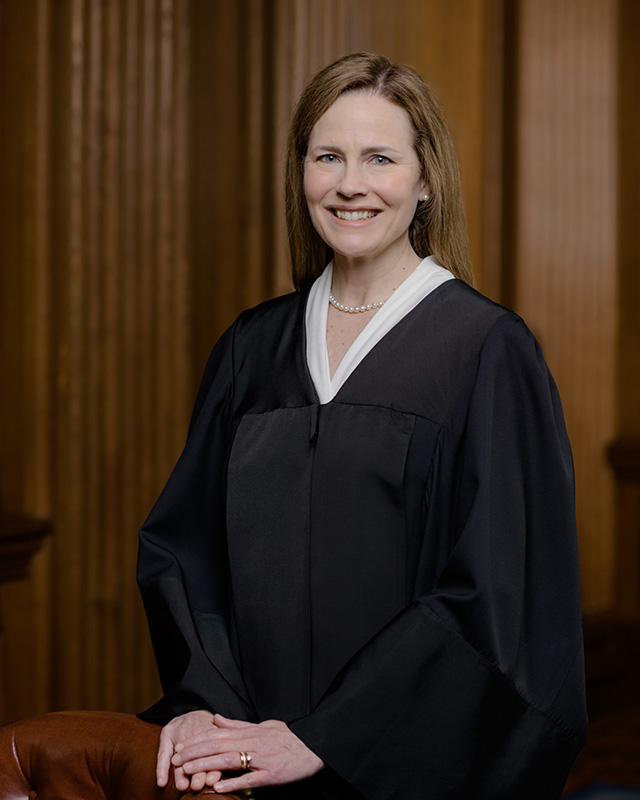
 The warehouse stores need a lot of space, therefore there may not be one close to where you live. This may even mean paying tolls to get there, some Costco stores charge for parking and then there are the crowds – fighting them for parking, for getting a trolley, for space along unmarked aisles, getting onto the lift with your trolley, and the queueing! Overall, it is a lack of access and convenience.
The warehouse stores need a lot of space, therefore there may not be one close to where you live. This may even mean paying tolls to get there, some Costco stores charge for parking and then there are the crowds – fighting them for parking, for getting a trolley, for space along unmarked aisles, getting onto the lift with your trolley, and the queueing! Overall, it is a lack of access and convenience. There is no better breakfast delight than to have lamb’s fry with bacon and onions or grilled kidneys on toast. It used to be a regular on the menu of country pubs, and even down at my favourite watering hole in Balmain.
There is no better breakfast delight than to have lamb’s fry with bacon and onions or grilled kidneys on toast. It used to be a regular on the menu of country pubs, and even down at my favourite watering hole in Balmain.



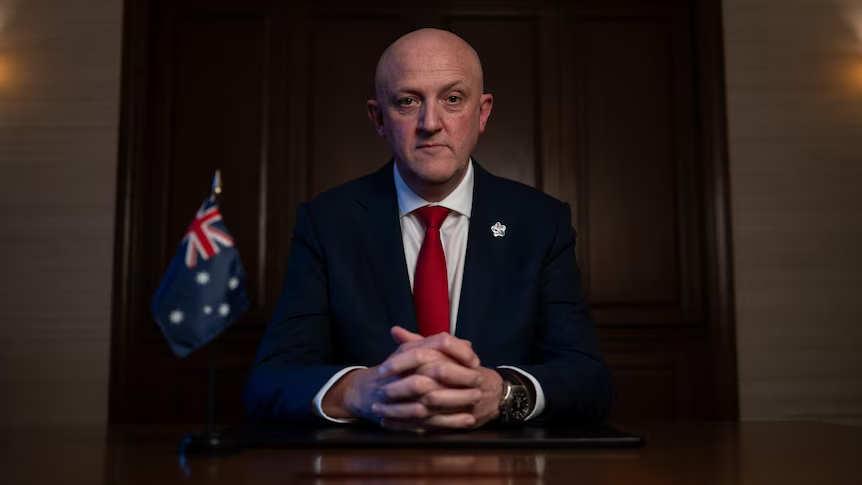
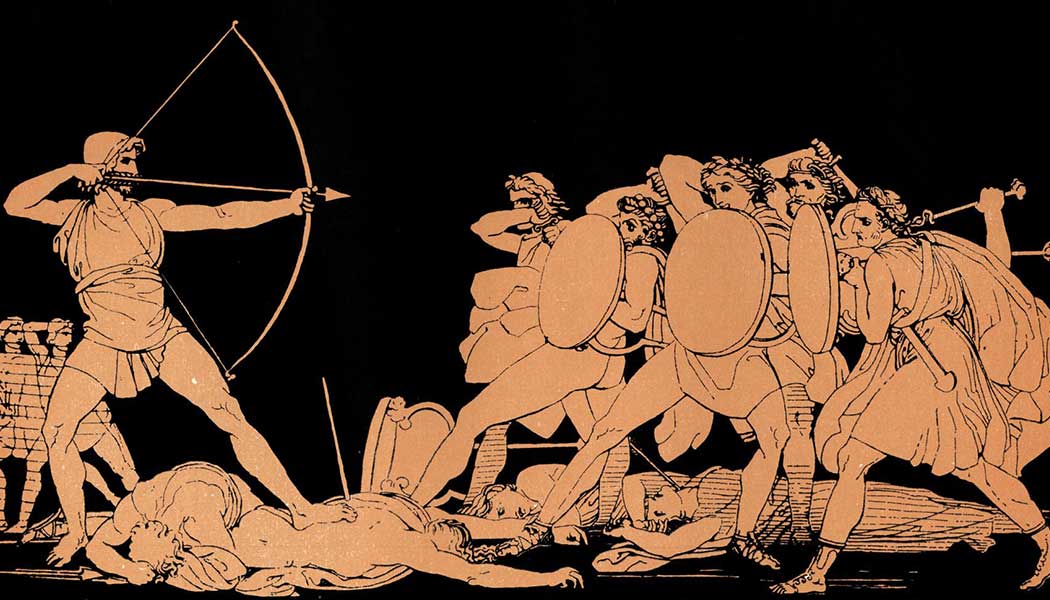
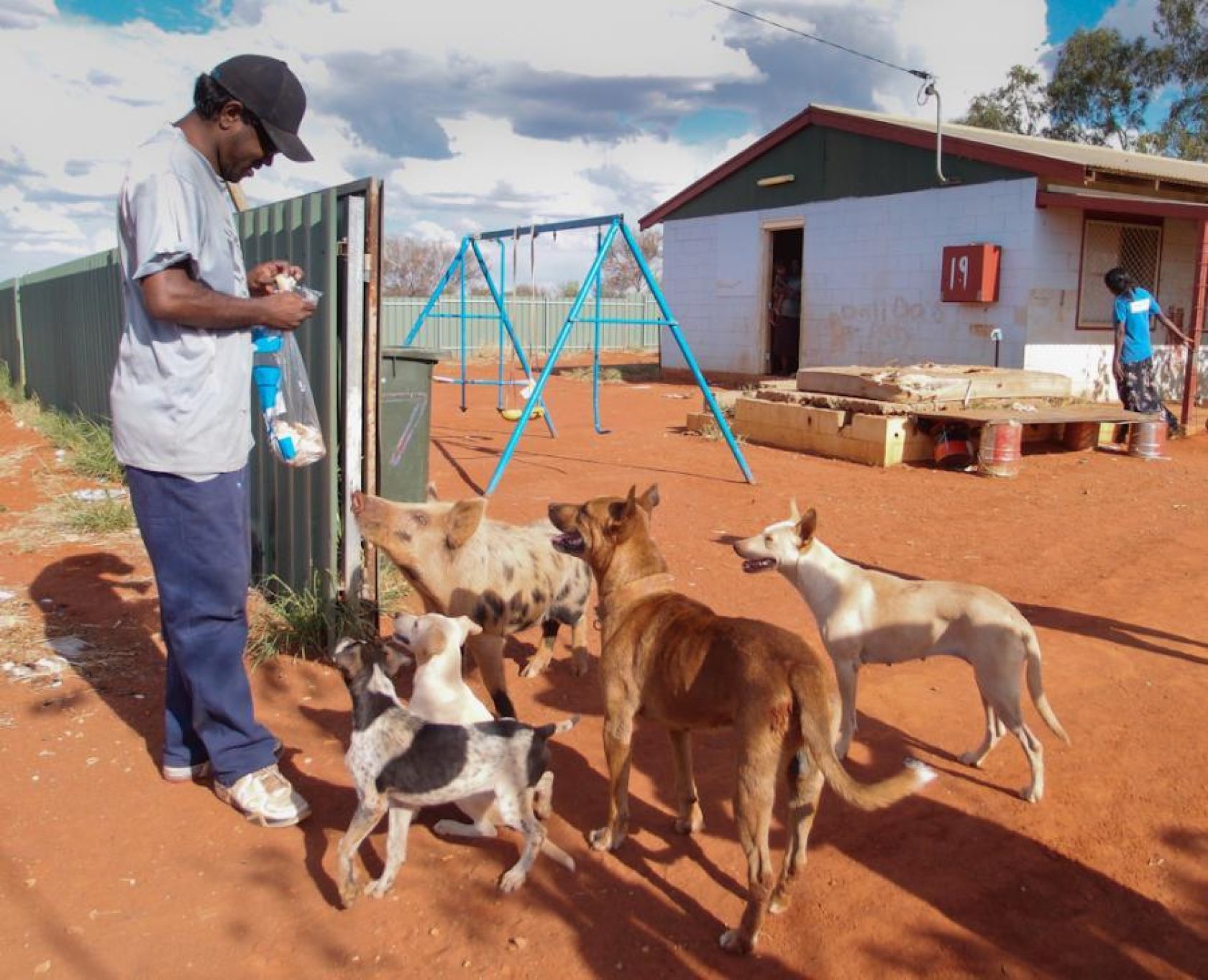








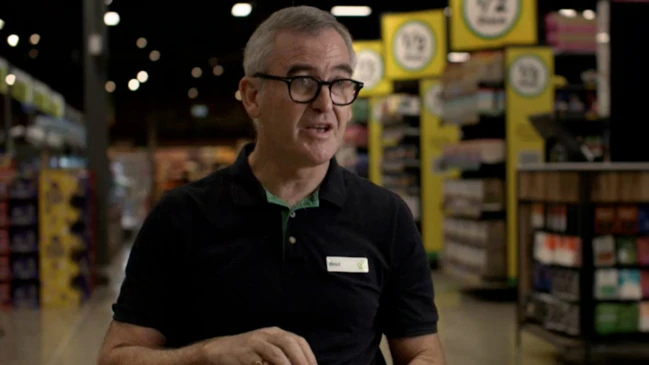

 In reality, it was a glitch in the Horizon software program, which the firm Fujitsu had been contracted to introduce, which they did in 1999. It was a flawed program whereby the governments and public service fought to not only preserve but also perpetuate the litany of wrong decisions. The flawed program indicated that there was a massive malfeasance among the sub-postmasters as revealed by the post office receipts.
In reality, it was a glitch in the Horizon software program, which the firm Fujitsu had been contracted to introduce, which they did in 1999. It was a flawed program whereby the governments and public service fought to not only preserve but also perpetuate the litany of wrong decisions. The flawed program indicated that there was a massive malfeasance among the sub-postmasters as revealed by the post office receipts.
